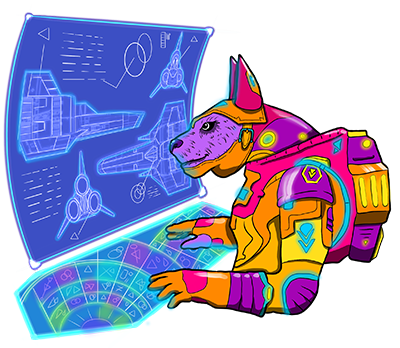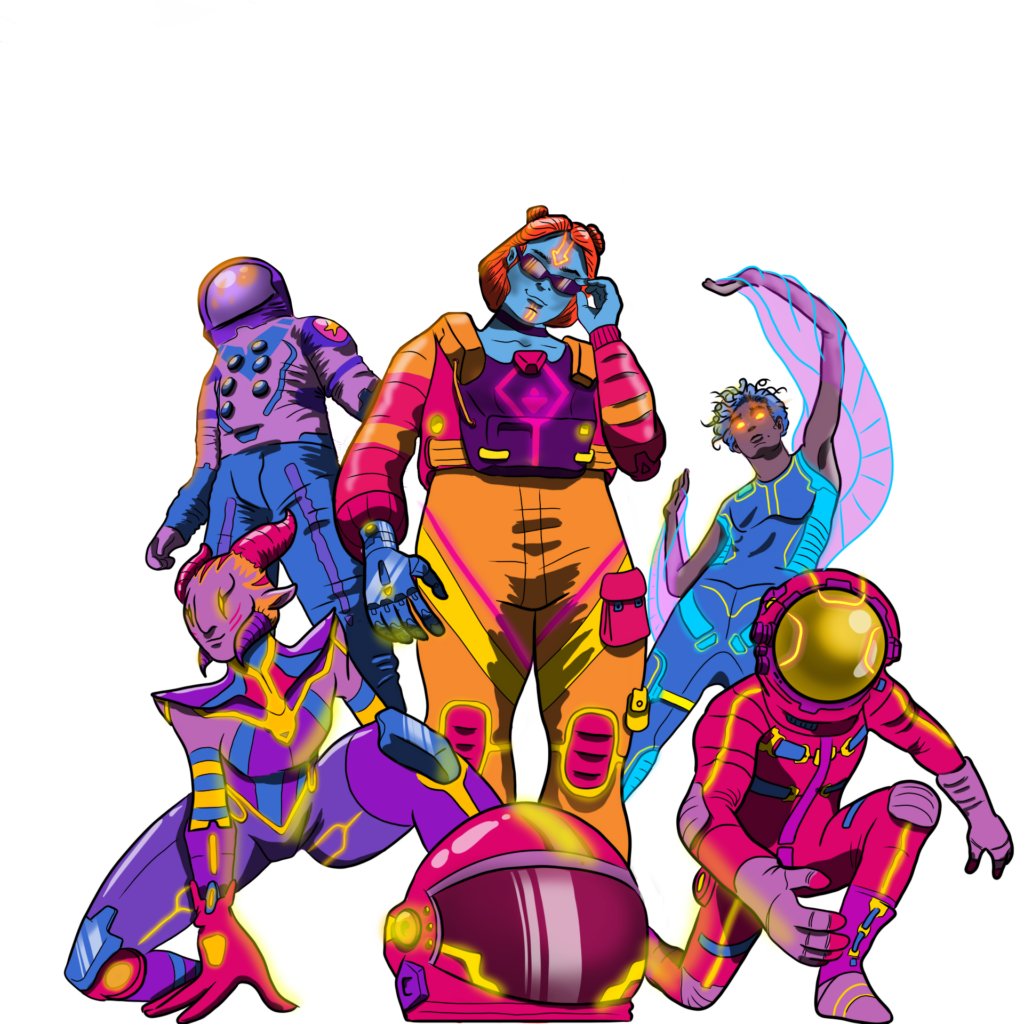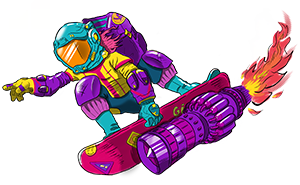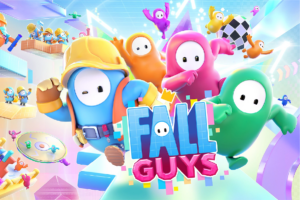There is no one formula to making people laugh. What we consider funny varies tremendously from person to person, language to language, and culture to culture. This complexity adds an extra layer of challenge to video game localization. Here are five aspects to consider when translating humor.
Target Audience

Having a defined target audience allows localizers to find an equivalent joke in the target language that will resonate with them more effectively. For languages with many different variants, such as Spanish, knowing if the target is a specific country or region, will determine what terminology can and cannot be used (neutral vs. regionalisms). The age of the target audience, or even the desired rating for the game, will also determine if the localization can or cannot use inappropriate language or intricate vocabulary.
True Intention
Amidst personal preferences, the developer’s intention might guide translators when making choices for humor adaptation. Was the goal to actually make the audience laugh? Was the bad joke used on purpose to achieve some other comedic effect? Answering these questions will help determine if something needs to be translated into something funny or if they should produce another “bad joke” in the target language.

Audio and Visual References
Humor in gaming often has audio and visual references tied to it. It’s impossible to disassociate text from the visual and audio when something that’s supposed to be funny has an image connected to it. Localization efforts must focus on finding humorous elements in the target language that acknowledges the imagery in some way since players won’t be able to ignore what they see.
Cultural Adaptations
Each cultural environment has a unique and special sense of humor that can be tied to its history, traditions, values, and beliefs. Oftentimes, this means that only people from that culture would fully understand a joke or find it funny. To successfully localize humor in video games, creativity comes in handy for the partial or complete transcreation of jokes to something new that preserves some of the essence of the original content.
Timing Punchlines
Good timing is the secret to comedy. Punchlines are especially important when delivering a joke. If the punchline appears on screen before the character delivers it, it spoils the outcome. This can be a letdown for the audience. Taking care of what words are chosen, but also when they are shown or delivered is crucial in humor localization.

The Takeaway
The difficulty of translating a joke lies in the fact that humor is an integral part of the culture in which it was created. Video games add an extra layer of difficulty with the addition of images, audio, and key timing to the formula. The most difficult jokes to translate are those that rely on puns, wordplay, or other cultural factors. Hiring professional video game localizers to find the right words to preserve humor in the target language can make the difference between fun or failure.



